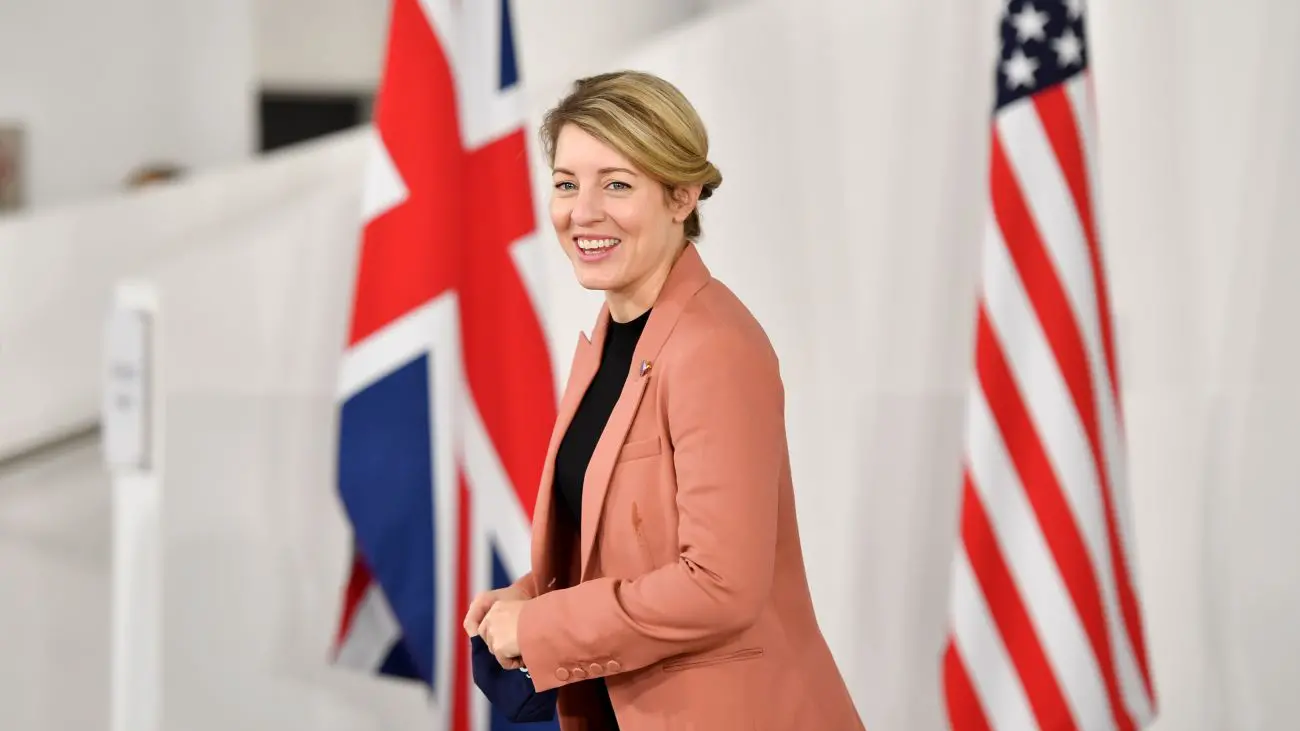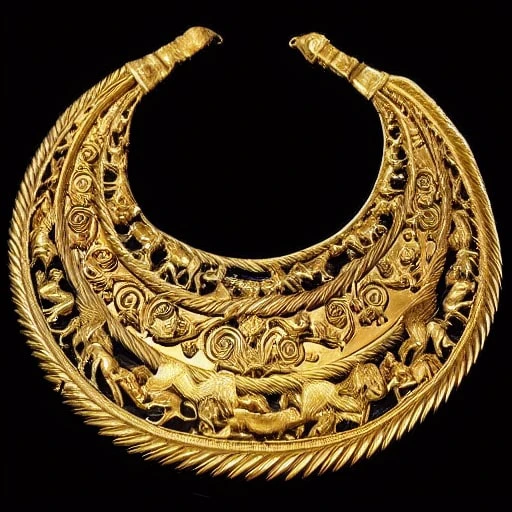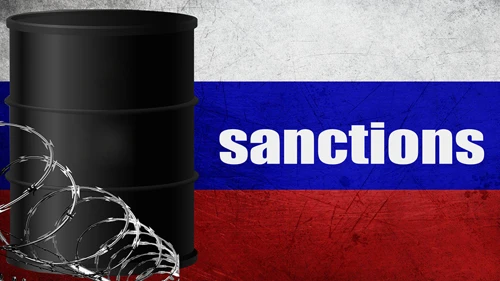Canada imposes sanctions on Russia for destruction of Ukraine's cultural property

Canada has implemented new sanctions against Russian individuals and legal entities. These measures are aimed at protecting Ukrainian culture from destruction by Russia.
This was announced by Canada's Foreign Minister Mélanie Joly, according to the government website.
The Foreign Minister announced today that Canada is imposing additional sanctions against Russia. These new measures are a direct response to Russia's attempts to obliterate the cultural objects, institutions, and identity of Ukraine.
With today's announcement, Canada is sanctioning individuals associated with Russia's theft of Ukrainian cultural artifacts, in an effort to resist the Kremlin's attempts to "Russify" Ukrainian culture.
The list of individuals subject to sanctions includes Ukrainians working in museums and other cultural centers who are collaborating with Russia.
It also includes newly established structures in the temporarily occupied territories of Ukraine, such as the so-called Ministries of Education and Culture, as well as individuals and legal entities associated with private military companies that have emerged in Ukraine and are fighting on the side of Russia.
"These sanctions confirm Canada's unwavering commitment to supporting the people of Ukraine against Russia's aggressive war, continuing to increase pressure on Russia and Ukrainians cooperating with the Russian administration in Ukraine until they stop these unjustified attacks," the statement said.
The story of "Scythian gold"

It should be noted that these sanctions from Canada were adopted after the loud decision of the Dutch court regarding the "Scythian gold".
In early 2014, a collection of "Scythian gold" from one museum in Kyiv and four museums in Crimea went to Amsterdam. The exhibition titled "Crimea - a golden island in the Black Sea" was to take place from February to August at the Allard Pierson Archaeological Museum in the capital.
However, at that time, the Revolution of Dignity was already taking place in Ukraine, and in March Russia annexed the Crimean Peninsula. The fate of the valuables was in question. After the occupation, Crimean museums began to demand the return of the collection.
The case regarding the "Scythian gold" has been ongoing in the Netherlands since 2016. Already then, the court decided to return the collection of valuables to Ukraine. But museums of occupied Crimea began to challenge this decision.
However, today, June 9, the Supreme Court of the Netherlands supported the decision to transfer the "Scythian gold" to Ukraine. Russia failed to challenge the right to valuables from Crimean museums.




To leave a comment, please log in.